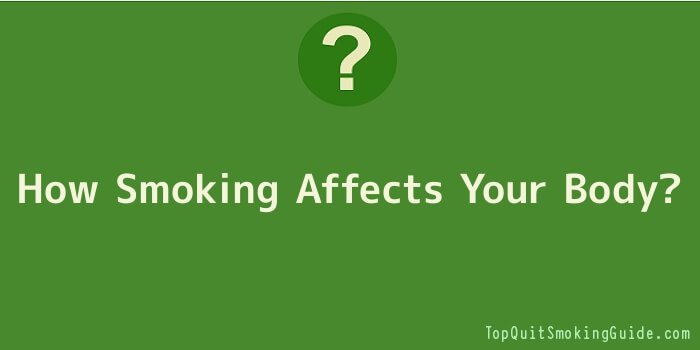
“But a cigarette kills my appetite,” you answer. “I don’t feel so hungry when I smoke, and so I don’t eat as much. Without cigarettes, I’ll eat more.” Did you ever think that it may be killing your appetite because of all the toxins it contains? After all how can you feel like eating when you’re being poisoned!
The fact is that the cigarette isn’t killing your appetite-but maybe it’s killing you. Some of the ingredients in those cigarettes are harsh irritants to all parts of the digestive tract, and they can interfere with normal digestive juices and even aggravate stomach ulcers.
It may help to “kill your appetite for cigarettes” to know that Doctor A. C. Ivey of the University of Illinois found that a person who smokes a pack of cigarettes a day for ten years inhales eight quarts of tar in that time-the same kind of tars that Doctors Wynder and Graham injected in laboratory rats, thereby producing cancer.
There are currently over 4,000 chemicals that are commonly found in cigarette smoke, including over 100 known toxins such as hydrogen cyanide, nicotine, DDT, and carbon monoxide.
Hydrogen cyanide is a gas chamber poison. Smoking cigarettes is the number one cause of cyanide exposure for the average person. Breathing small amounts of hydrogen cyanide may cause headache, dizziness, weakness, nausea, and vomiting.
Larger doses can cause gasping, irregular heartbeats, seizures, fainting, and rapid death. As a combustion product (a substance produced while burning), hydrogen cyanide is present in cigarette smoke, creating a danger not only for the smoker, but for others in the room. Nicotine does more to the human body beside cause addiction. Ingestion of nicotine damages the insides of arteries and veins and even the lining of the heart which can cause stroke and heart disease. Nicotine can also be found in high doses in some insecticides. At these levels, nicotine can be extremely toxic, causing vomiting, tremors, convulsions, and death.
Nicotine poisoning has been reported from accidental ingestion of insecticides by adults and ingestion of tobacco products by children and pets. Death usually results in a few minutes from respiratory failure caused by paralysis.
The problem is that DDT likes to stay in the soil even for hundreds of years. In the USA we consume some small amounts of DDT in most of our vegetables, especially green leafy vegetables. A tobacco plant is a green leafy vegetable. Why is that any different from a head of lettuce? A smoker will “consume” far more tobacco plants in their lifetime and much more often than they will consume vegetables. The danger in DDT is in the amount and length of time you are exposed to it. Secondly, you are inhaling the substance, which is far more dangerous – that is why spraying crops with DDT was so devastating to those who lived around them.
Carbon monoxide kills people. For this reason, millions of Americans install carbon monoxide detectors in their homes. Carbon monoxide is a colourless, odourless gas that is produced as a result of incomplete burning of carbon-containing fuels. Exposure reduces the blood’s ability to carry oxygen. In low amounts it can cause fatigue and increased chest pain in people with heart disease. In higher amounts, the symptoms take on a flu-like quality causing many to be misdiagnosed until it is too late. These symptoms can include: headaches, dizziness, weakness, sleepiness, nausea, vomiting, confusion, and disorientation. Eventually, loss of consciousness and death will result.
Cigarette smoking reduces oxygenation of your tissues. This occurs because the compounds cause vasoconstriction (a narrowing of your blood vessels) and leads to hypoxia (below normal levels of oxygen in your blood and tissues).
Most pack a day smokers spend all of their time in a hypoxic state. This is why lifelong smokers develop those tell-tale smoker’s wrinkles around their mouth. If smoking can cause that, what do you think it is doing to the rest of your skin and all of your other organs? Chronically deprived of oxygen, they are prone to damage, cancer, and even failure.
So, now let’s talk about this Appetite thing. Appetite is the habit of hunger-it isn’t hunger itself. Appetite is stimulated by seeing or thinking about food. Unless you substitute the habit of appetite for the habit of smoking, there is no reason why your appetite will be stimulated when you stop smoking.
